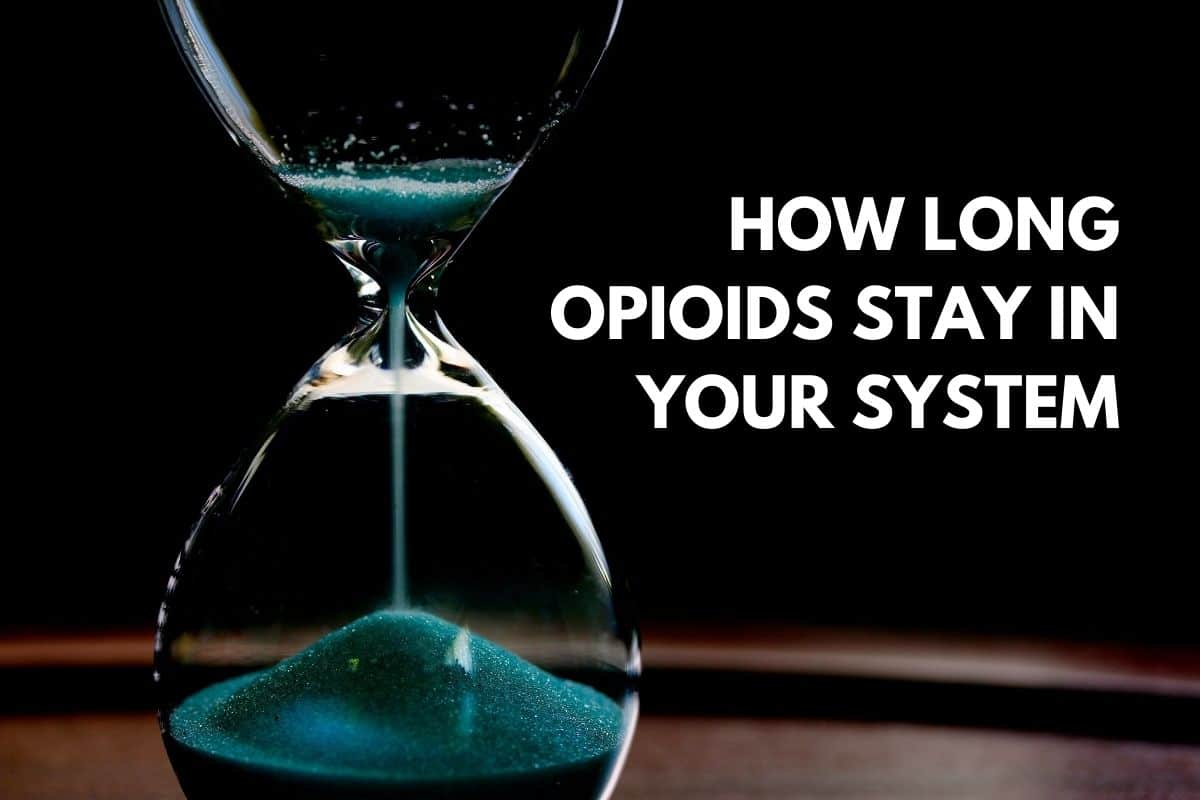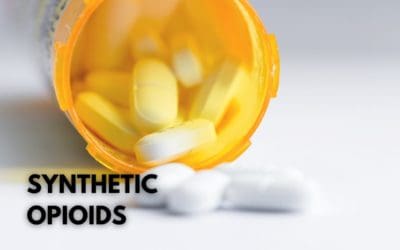Opioid medications are known for their withdrawal symptoms when an individual struggling with opioid addiction stops using them. Essentially, flu-like symptoms begin to appear as the body processes the opioids out of its system. This is just one reason why you may ask how long do opioids stay in your system? Insight into this question could help prepare for the onset of withdrawal, whether coming off illicit or prescription opioids.
Unfortunately, how long opioids will stay in your system can vary based on a wide array of factors. For one, some opioids are much longer acting than others. Additionally, each individual is unique and has biological and situational variations that will affect how the substances are processed.
Effects vs. Detection
How long the effects of a substance last are correlated, but not equal to that of how long they are present and detectable in the human body. Generally speaking, the presence of a substance may be detectable for far longer than the length of time in which the effects are felt. Consider marijuana in which the effects may only last a couple of hours, but a urine test can detect its use days later.
How long an opioid stays in your system can be estimated based on an equation using the elimination half-life – how long it takes for half of the substance to be processed and eliminated from the body. The effects of an opioid may begin to wear off when there is still 50% or more of a substance in your system.
Opioid Half-Lifes & Detection
Some opioids have vastly different half-lives than others. Heroin for example has an extremely short half-life. Suboxone and methadone, synthetic drugs that act on opioid receptors, have vastly longer half-lives. Additionally, these substances can be detected via different tests for hours or even days after use.
| Substance | Elimination Half-Life | Saliva Test | Urine Test | Blood Test |
| Heroin | 3-6 minutes | 5 hrs | 2-7 days | 6 hrs |
| Fentanyl | 2-4 hours | 1-4 Days | 8-24 hrs | 12 hrs |
| Morphine | 3-4 hours | 4 days | 3 days | 12 hrs |
| Hydromorphone | 2-3 hours | – | 3-4 days | 24 hrs |
| Methadone | 15-20 hours | After 30 min and Up to 2 Days | After 1 hr and Up to 2 Weeks | After 30 mins up to 2-3 Days |
| Suboxone | 24 to 42 hours | 3 days | 6 days | 2 days |
Individual Variation Factors
The length of effects and detection can vary so much due to various factors that differ from person to person. Biological and situational factors that may affect how long the effects of opioids last and how long they will stay in your system include:
- Dosage
- Length of Use
- Weight
- Gender
- Age
- Diet
- Water Intake
- Kidney & Liver Health
Clearly, it could be hours or days after the last use when withdrawal symptoms could set it. Before detoxing, discuss these factors with a doctor or addiction treatment professional and develop a recovery plan.

































